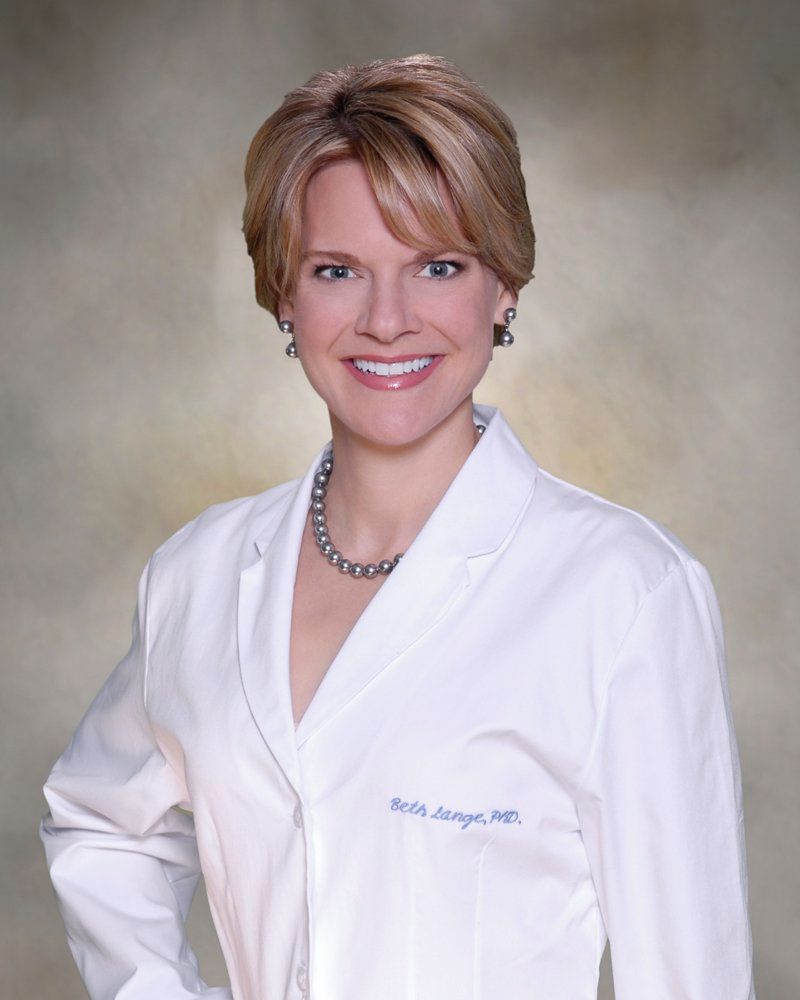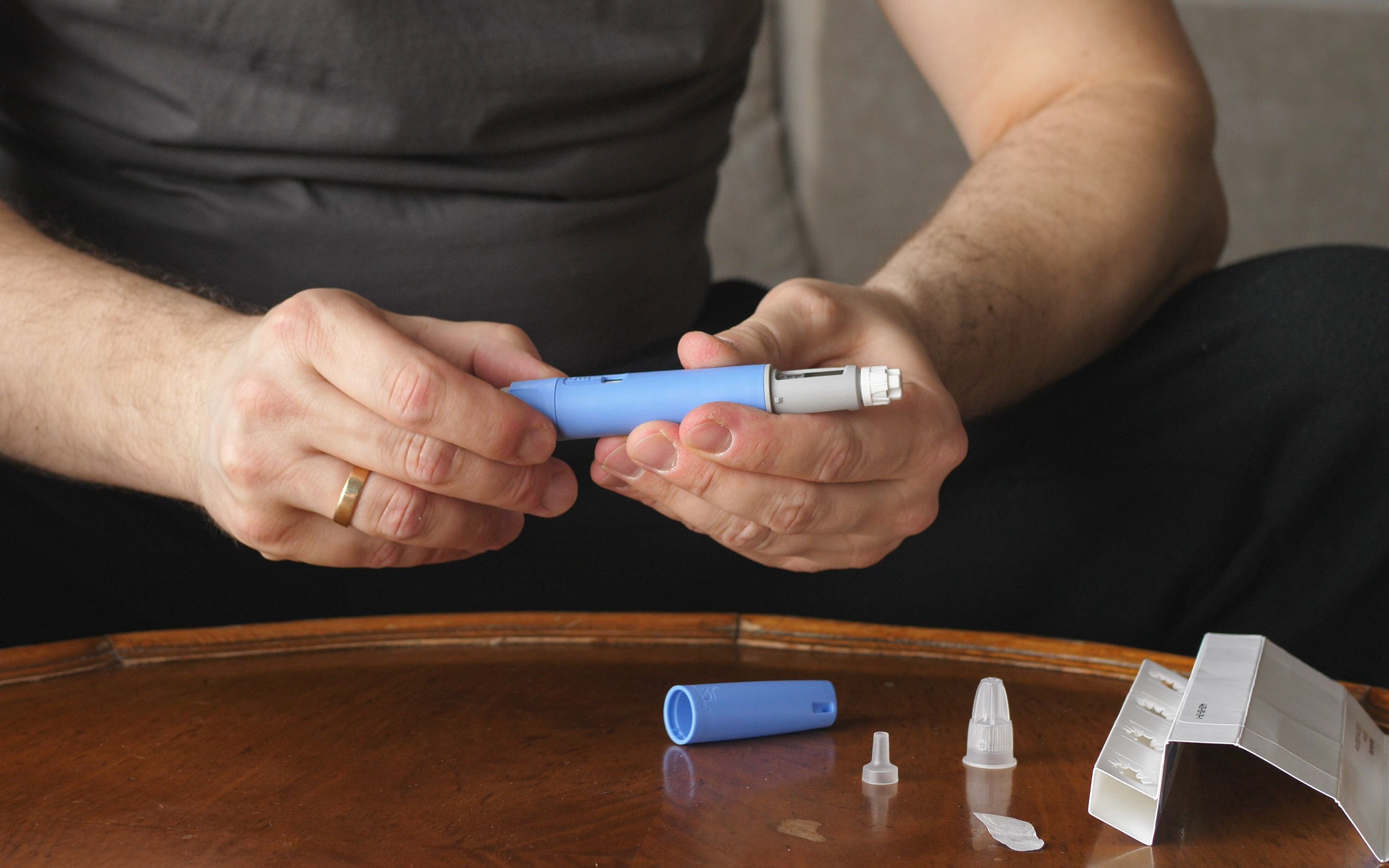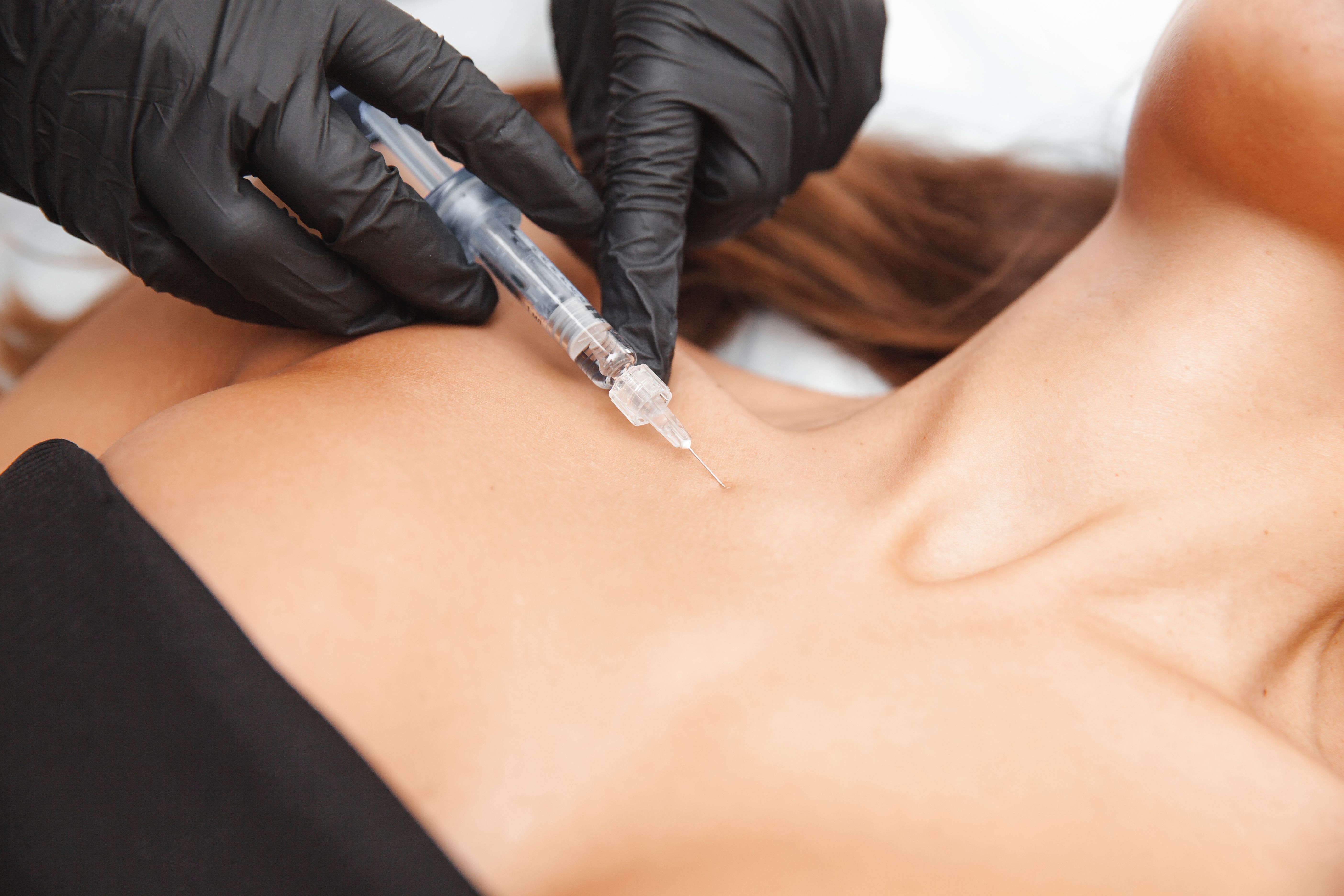- Case-Based Roundtable
- General Dermatology
- Eczema
- Chronic Hand Eczema
- Alopecia
- Aesthetics
- Vitiligo
- COVID-19
- Actinic Keratosis
- Precision Medicine and Biologics
- Rare Disease
- Wound Care
- Rosacea
- Psoriasis
- Psoriatic Arthritis
- Atopic Dermatitis
- Melasma
- NP and PA
- Skin Cancer
- Hidradenitis Suppurativa
- Drug Watch
- Pigmentary Disorders
- Acne
- Pediatric Dermatology
- Practice Management
- Prurigo Nodularis
- Buy-and-Bill
Article
Talking about preservatives with patients
Expert offers talking points for when patients ask about preservatives in skincare and haircare products.

Beth Lange, Ph.D., executive vice president, chief scientist, The Personal Care Products Council
Beth Lange, Ph.D., chief scientist, Personal Care Products Council, offers dermatologists these talking points when patients ask about preservatives in skincare and haircare products.
RELATED: Resources for physicians and patients
- Preservatives are an incredibly critical component of hair and skin care products. They not only help preserve the integrity of the product but also keep the active ingredients in a form that are still fresh and available for consumers using those products.
- When you look at parabens, in particular, parabens have been around for more than 100 years, and they’re not only used in cosmetics, but also foods and medicine. They are naturally occurring in blueberries, cucumbers and many other fruits and vegetables.
- The parabens used in cosmetics are identical to what we find in nature.
- The concerns about parabens come from the non-scientific community, speculating there could be a connection between parabens and cancer because of endocrine disruption. There are no scientific studies that support grounds for this. Any interaction between parabens and endocrine disruption is thousands of times weaker with skin and hair care products than from the fruits and vegetables in which they naturally occur.
- The most important message is: preservatives are critical for the shelf life of the product, the safety of the product and the stability of the actives. You don’t want to be exposing yourself unnecessarily to bacteria, yeast or mold, because of a products that’s not well preserved.
More articles in our package on OTC product ingredients:
Inactive but controversial OTC product ingredients
The evidence around nanotechnology
Resources for physicians and patients
Prohibited ingredients at a glance





